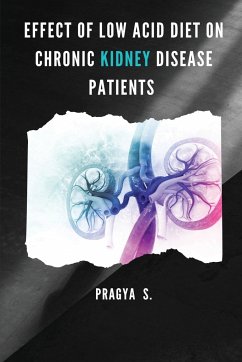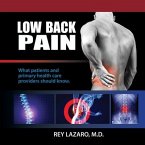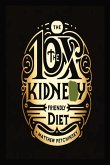This thesis is the outcome of the research which I conducted in the Department of Community Medicine in collaboration with department of Nephrology, Institute of Medical Sciences, Banaras Hindu University. In this thesis, I have endeavored to uncover the study of Low Acid Diet in pre-dialysis CKD patients with reference to serum Bicarbonate level and dietary habits. Despite numerous research, the query, about Role of Low Acid Diet in predialytic CKD patients remains uncertain, and the CKD patients of this region have not been studied for serum Bicarbonate values. Another factor to be studied was based on the hypothesis that the low acid diet could slow the decline of GFR , however this assertion has not been fully substantiated, It is believed that it is complex and involves the interplay of multiple factors, many of which are not elucidated. This work is an attempt to study the pre-dialysis chronic kidney disease patients and the effect of the role of low acid diet counseling on serum bicarbonate level and GFR. This thesis is categorized into seven parts. In the first part introduction to CKD and nutrition related studies in pre-dialysis CKD patients and aims & objectives of the thesis is mentioned. Second part describes the literature available on CKD Metabolic Acid, Low Acid Diet and role of dietary intervention in CKD patients. Third part elaborates the detailed material and methods employed in the present study. Fourth part comprised of finding of the first objective the. Fifth part deals with the second objectives and the Sixth, part deals with the effect of dietary intervention on predialysis CKD patients Finally, in the last part the summary and conclusion of the research work is given.







